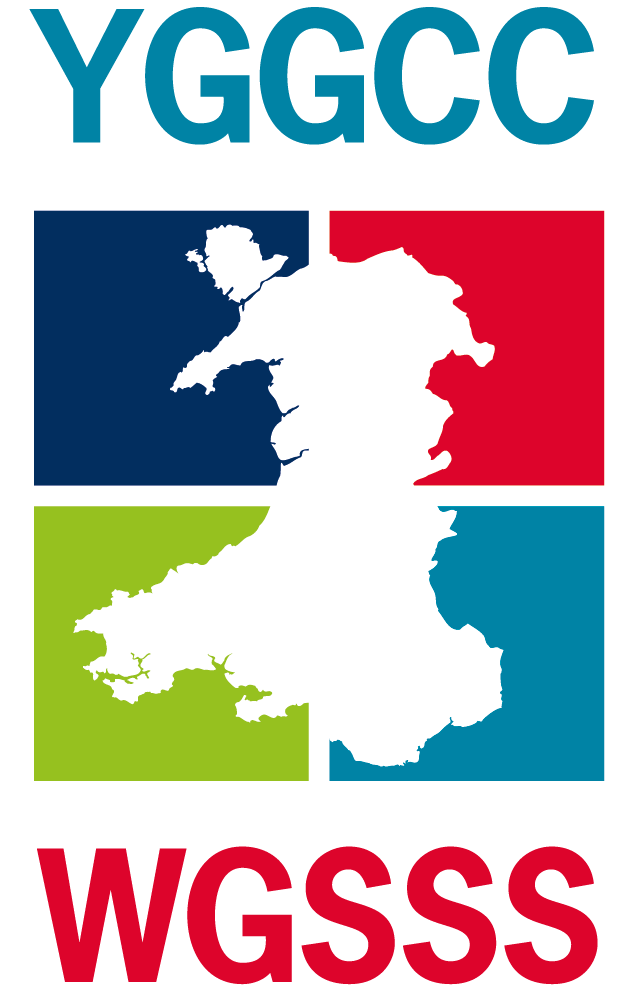It looks like that profile was not found. Try finding it on the Profiles Page

Welsh Graduate School for the Social Sciences
Ysgol Graddedigion Gwyddorau Cymdeithasol Cymru

Welsh Graduate School for the Social Sciences
Ysgol Graddedigion Gwyddorau Cymdeithasol Cymru
It looks like that profile was not found. Try finding it on the Profiles Page